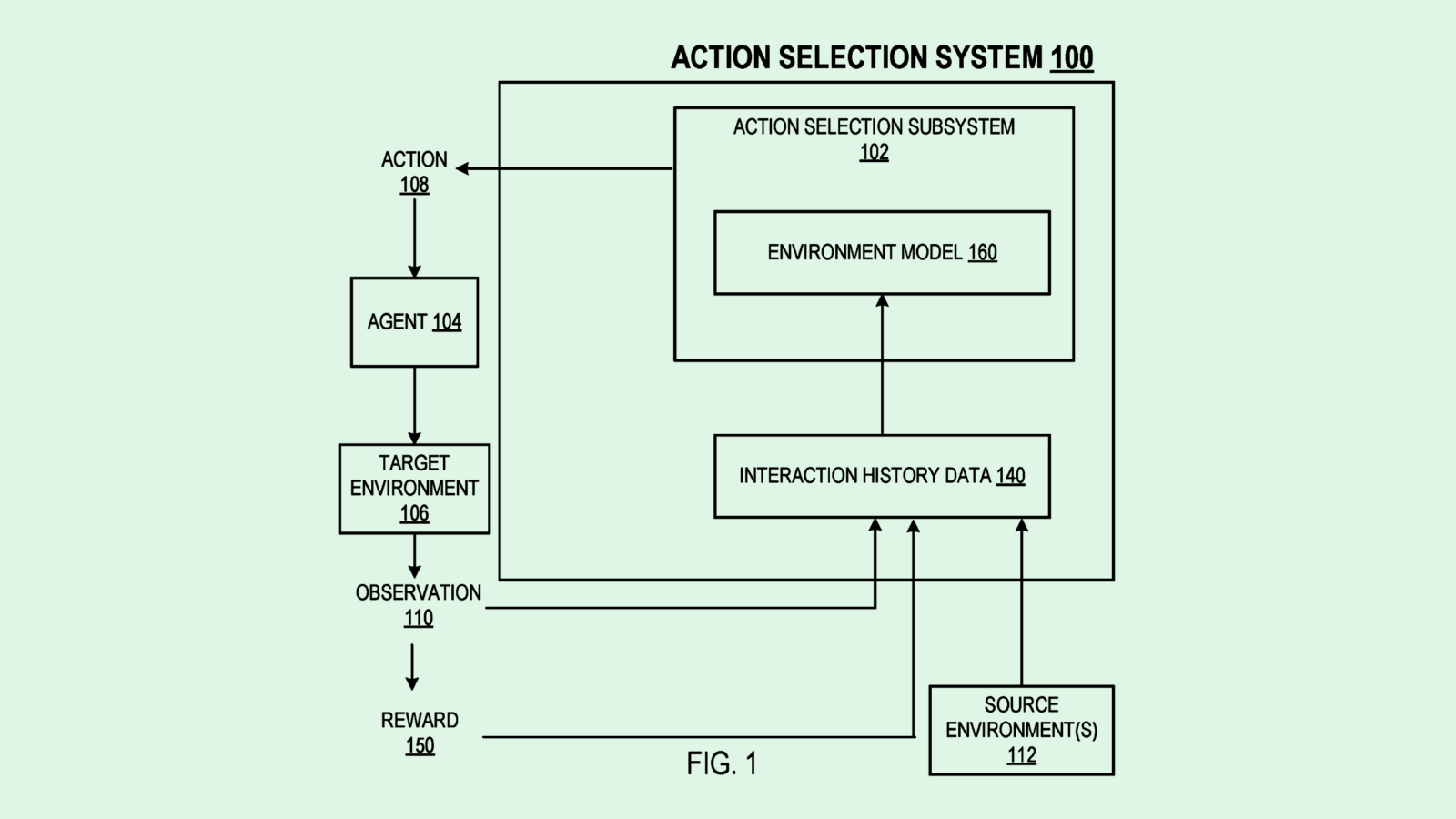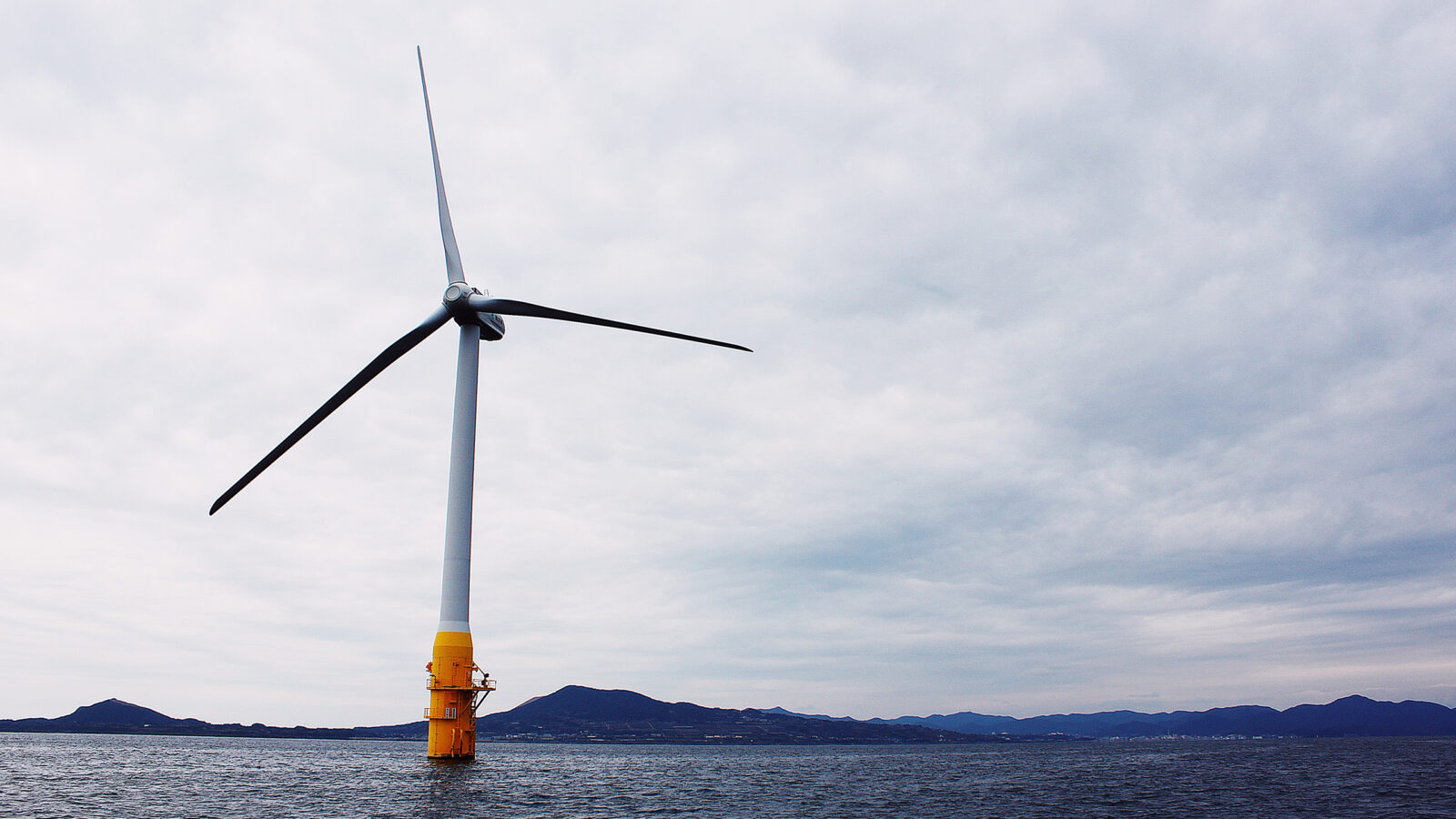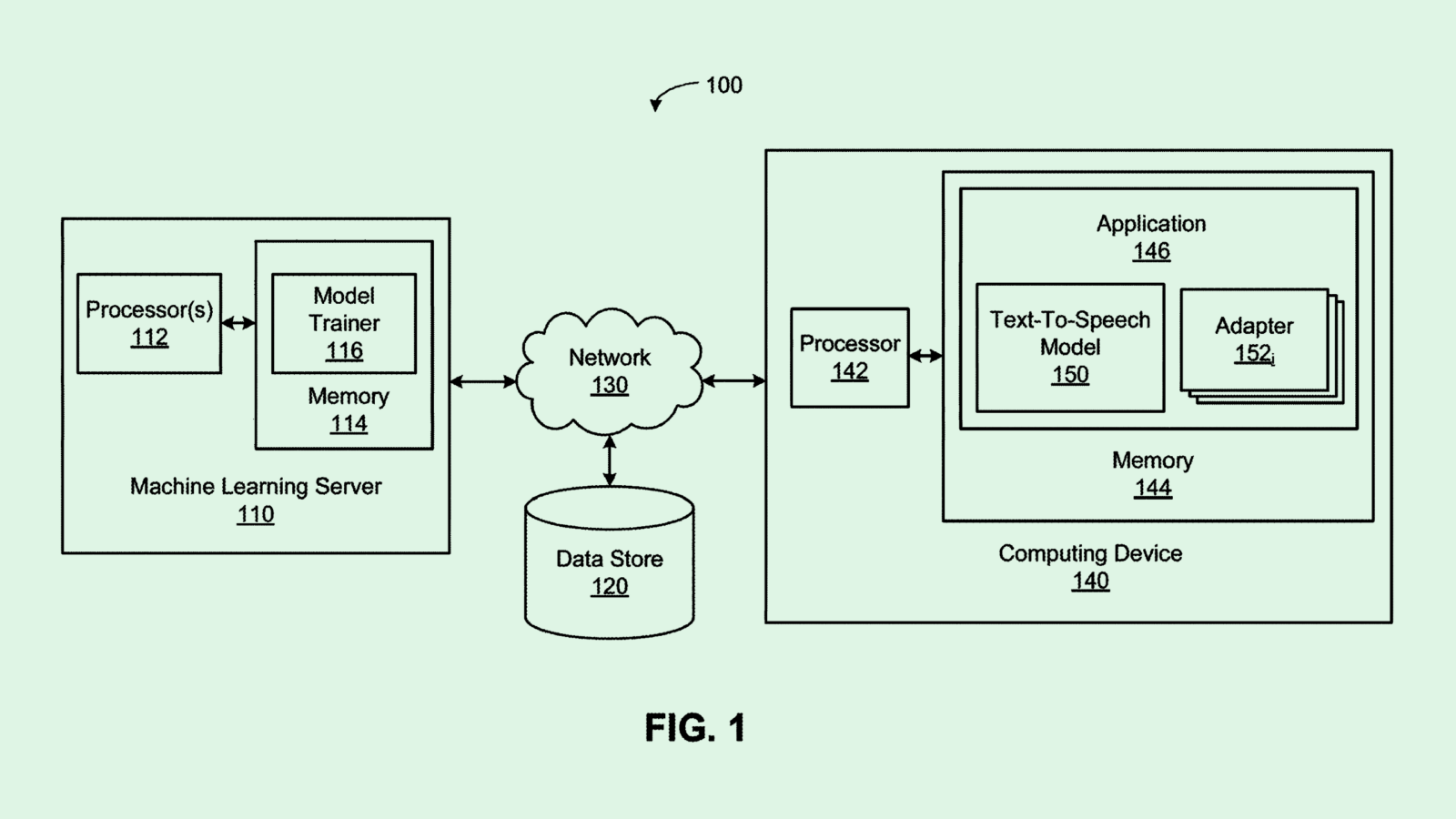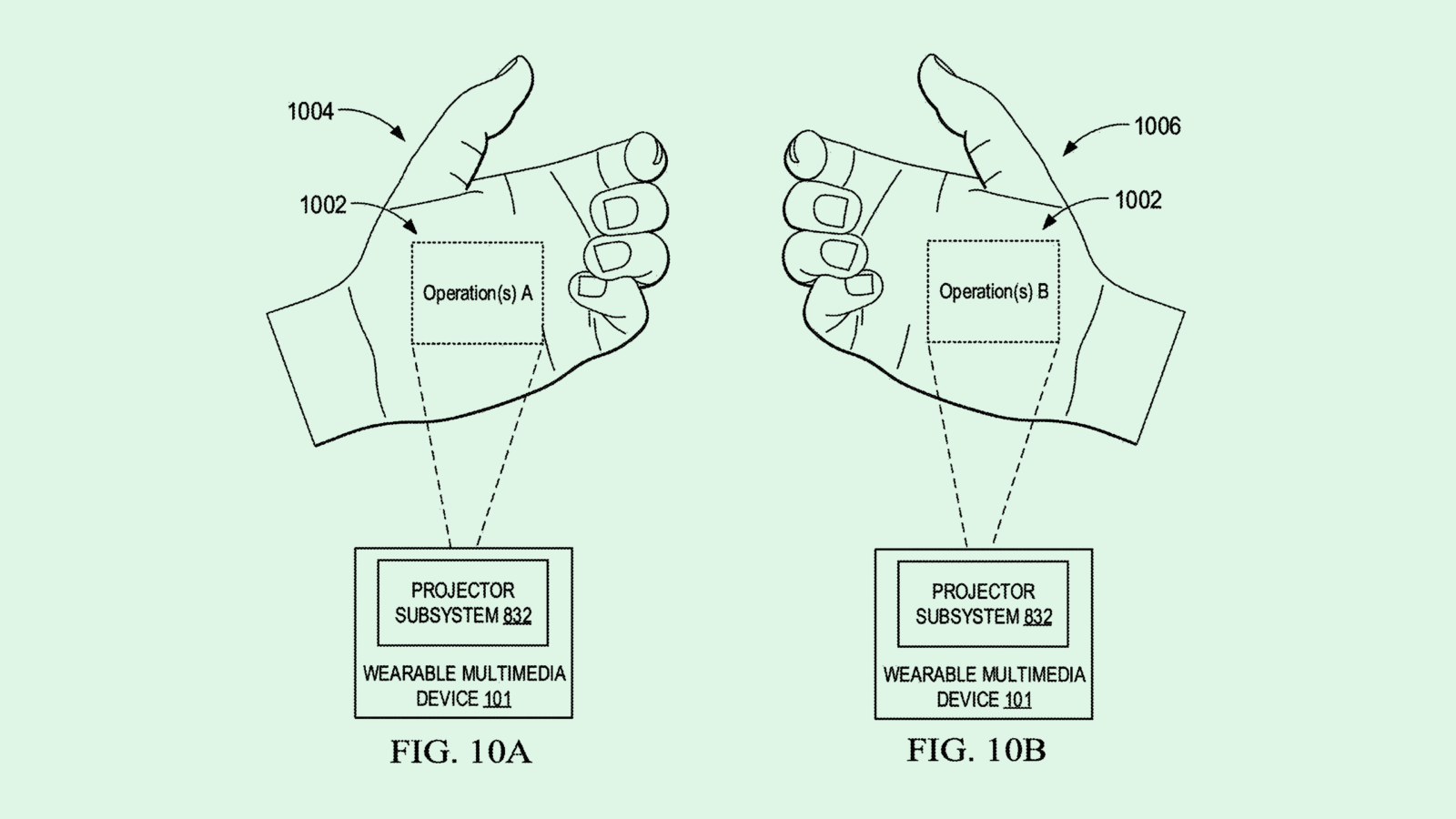Ford’s Patent Tracks How Much Your Car is Polluting
The tech could help Ford – and those that buy Ford’s industrial fleet vehicles – cut their emissions by keeping a closer eye on them.

Sign up to uncover the latest in emerging technology.
Ford wants to track if you took the long way home.
The auto manufacturer is seeking to patent a system for “estimating emissions” in a vehicle. Ford’s system allows drivers to get an estimate of how much pollution their vehicle may be emitting in real-time using AI.
To break it down: Ford’s system utilizes at least one “exhaust emission sensor” to track the concentration of certain substances, such as nitrogen oxide, ammonia and oxygen in a car’s exhaust gas. Ford’s sensors then feed this data to a machine learning model that’s been trained under “on-road conditions,” which predicts the real-time level of emissions of these different exhaust gas constituents.
Ford’s system then assesses and adjusts the performance of the car’s “emissions aftertreatment system,” which helps reduce exhaust pollutants before they’re let off into the air. Along with tracking the expected lifetime of a vehicle or fleet’s aftertreatment systems, these outputs overtime “may be used to inform engine operating parameters in future fleets.”
The company noted that its system provides a low-oversight and low-cost way to track emissions in real-world conditions that what’s currently available, such as “portable emissions measurement systems,” or PEMS, which “incur high costs while their operation may demand a high degree of technical expertise, making them impractical for fleet-scale CO emissions monitoring.”

As with most other auto manufacturers, a lot of Ford’s climate work has been aggressively targeted at electrifying its fleet. The company has sought patents for a number of EV-related inventions, including a hydrogen-powered car, an energy-sharing system between EVs and the homes they charge, and an EV charging reservation system. Its research and patent activity feed into its broader goals to make half of its vehicle sales electric by 2030.
Transportation accounts for more US emissions than any other sector at 29% of the total pie, according to the EPA. Medium- and heavy-duty trucking make up 23% of all transportation emissions. But tracking ongoing emissions of gas-burning vehicles could help both Ford – and the people buying the company’s vehicles — make better decisions.
Tech like this could benefit any company that relies on a fleet of vehicles to more accurately measure and control their climate impact. And since Ford has the ambitious goal to become carbon-neutral by 2050, this patent could be a valuable tool in reaching that goal.
Plus, finding ways to help industrial and logistics companies track their own emissions could be profitable, too. Ford offers a number of commercial vehicles, but it isn’t the company’s largest business segment, bringing in $13.2 billion in the latest quarter compared to its classic consumer vehicles segment’s revenue of $25.1 billion. Along with offering unique in-vehicle solutions to companies seeking to cut emissions, Ford could license this tech to trucking companies to implement on their own fleets.









